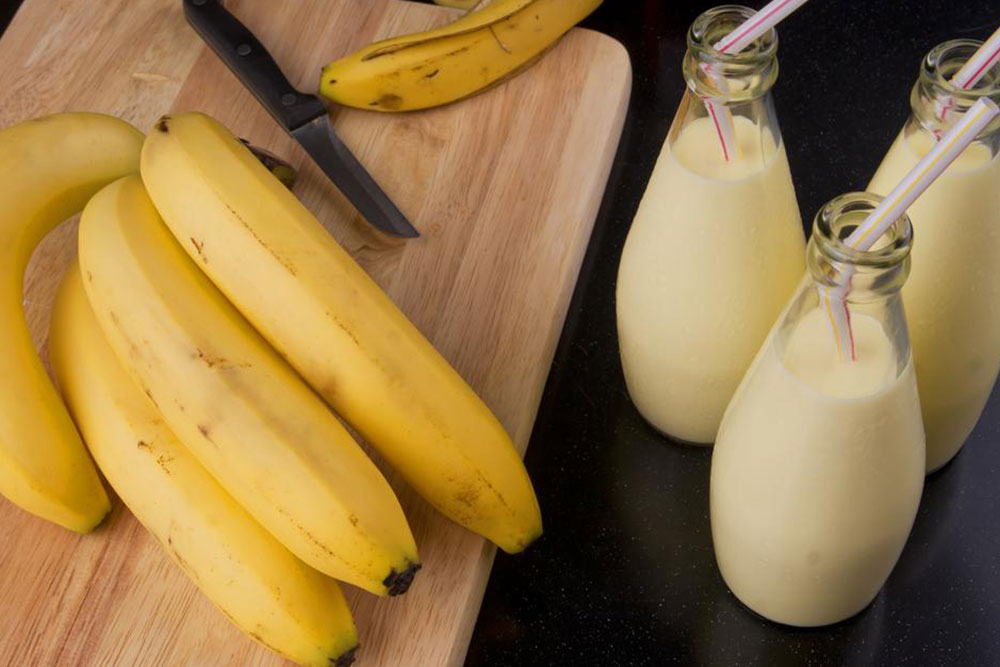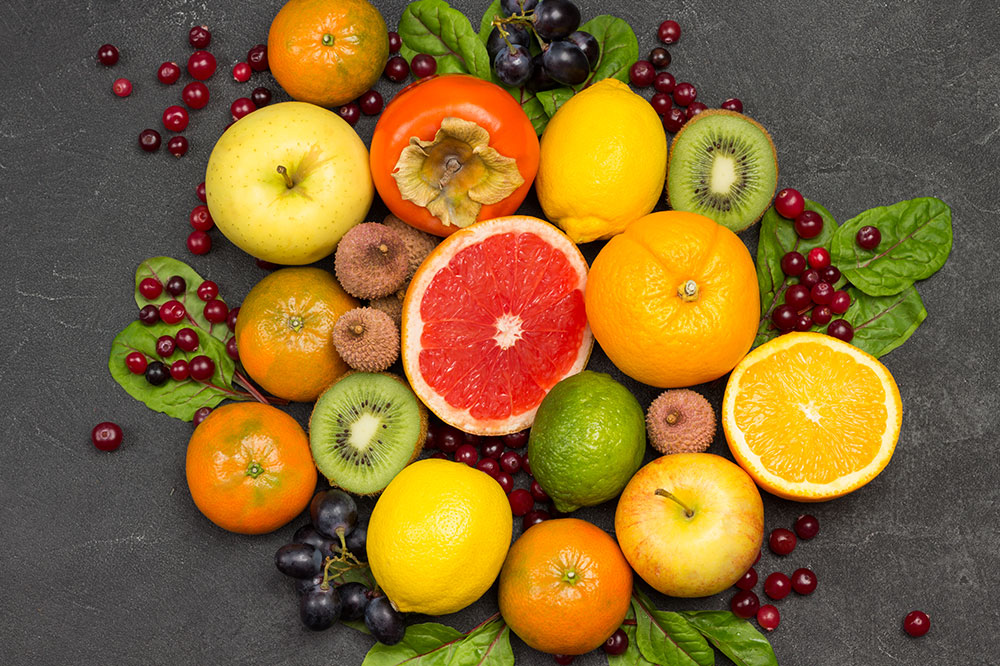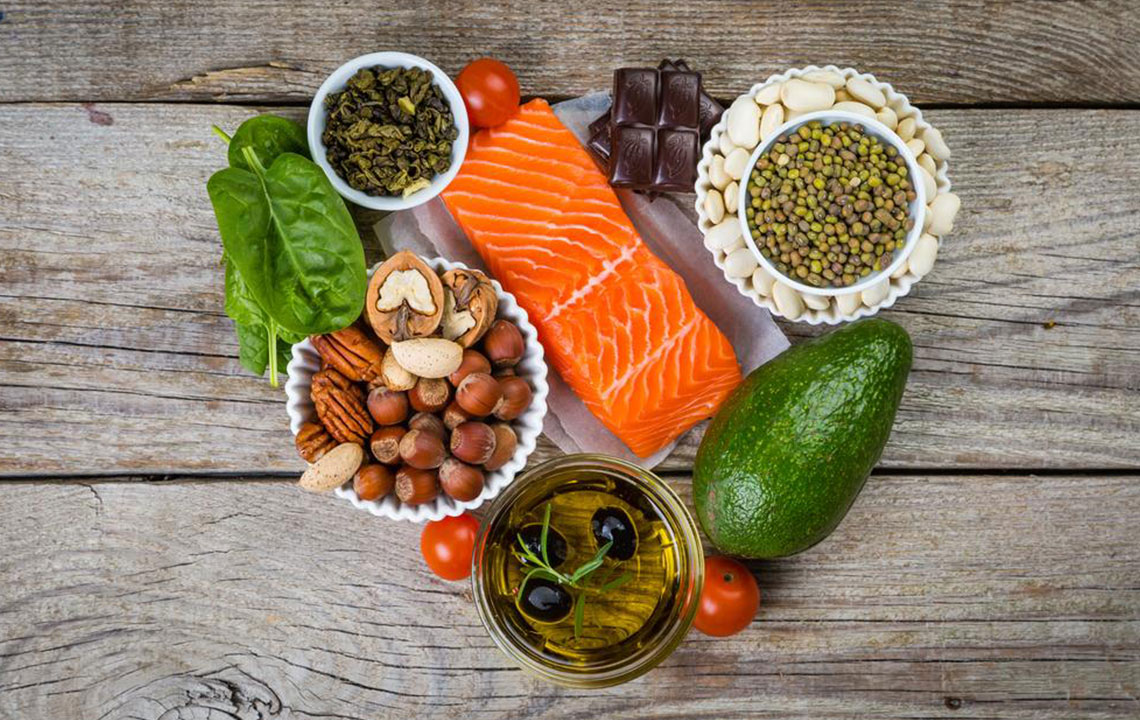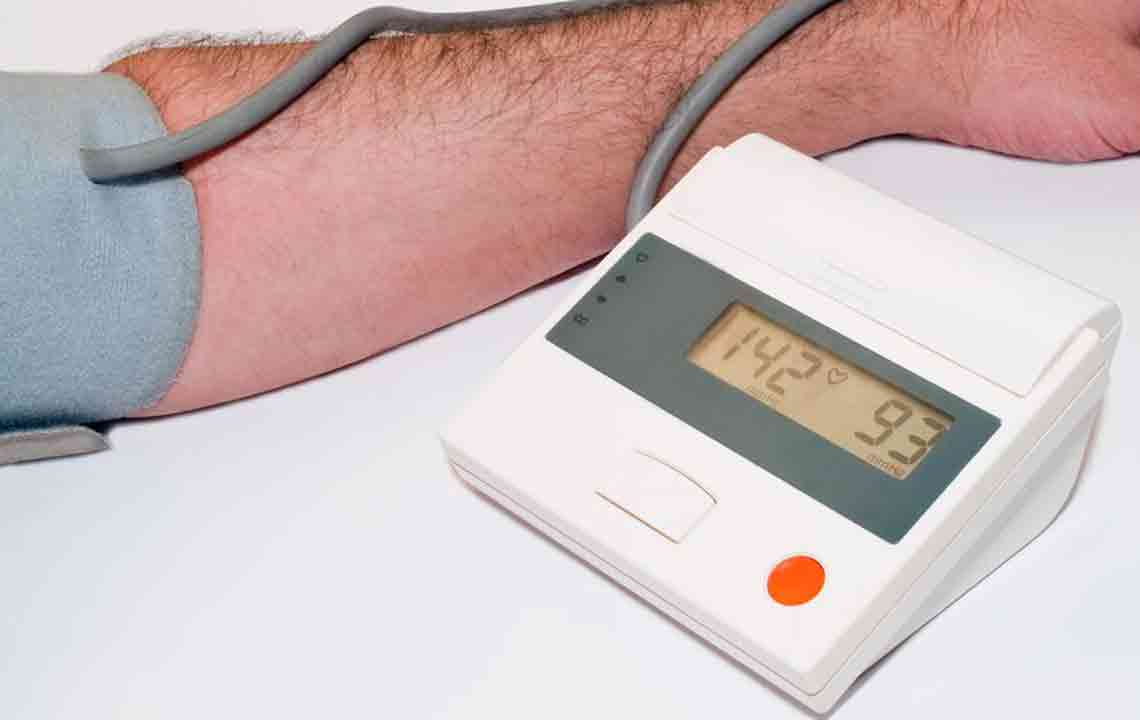Essential Foods Rich in Potassium to Boost Your Health and Well-Being
This comprehensive guide explores the top 12 foods high in potassium essential for maintaining proper body functions, regulating blood pressure, and enhancing overall health. Discover delicious options like avocados, beans, potatoes, leafy greens, fruits, and fish that can help you meet your daily potassium needs effortlessly. Incorporating these nutrient-rich foods into your diet supports muscle function, nerve health, and reduces the risk of conditions like hypertension. Learn how to optimize your nutrition with diverse, tasty, and health-promoting foods for a vibrant, healthier life.

Top 12 Nutrient-Dense Foods Containing High Levels of Potassium for Optimal Health
Maintaining appropriate potassium levels is a cornerstone of good health, vital for regulating bodily fluids, supporting muscle function, and ensuring the proper operation of essential organs. A deficiency in potassium can lead to symptoms such as fatigue, increased blood pressure (hypertension), and feelings of anxiety or irritability. Ensuring sufficient intake through a variety of delicious and nutrient-rich foods is key to maintaining overall wellness and preventing health complications.
Potassium plays a crucial role in supporting the health of vital organs, particularly the heart and kidneys. It helps regulate heartbeat, fluid balance, and nerve signals. Given its importance, incorporating potassium-rich foods into your daily diet can significantly contribute to your health. The following comprehensive list highlights some of the most potent sources of potassium you should consider adding to your meals for better health outcomes.
Avocado: Known worldwide for its creamy texture and health benefits, avocado contains high levels of potassium. Regular consumption can help improve cardiovascular health, aid in reducing metabolic issues, and support balanced blood pressure levels. Its healthy monounsaturated fats combined with potassium make it a superfood for overall well-being.
Beans: Beans are among the most affordable and versatile sources of potassium. A single cup of cooked beans can provide nearly 1000 mg of this essential mineral. They are also rich in fiber and protein, which help reduce inflammation, improve digestion, and support weight management. Special varieties like kidney beans, black beans, and soybeans pack even higher potassium levels, making them excellent choices for a nutrient-dense diet.
Sweet Potatoes and Regular Potatoes: While often celebrated for their carbohydrate content, potatoes—especially with their skins intact—are powerful sources of potassium. Regular potatoes contain a significant amount of potassium, with most residing in the skins. Eating unpeeled potatoes maximizes this benefit. Sweet potatoes are similarly rich, with a serving size of 180 grams providing roughly 18% of your daily potassium needs. Both varieties support muscle function, nerve signaling, and overall cellular health.
Leafy greens such as spinach are renowned for their high potassium content. Incorporating spinach into your daily diet not only prevents deficiencies but also supplies other vital nutrients like iron, magnesium, and antioxidants like chlorophyll, which are thought to have cancer-fighting properties. Spinach's versatility allows it to be added to salads, smoothies, and cooked dishes, making it easy to elevate your potassium intake naturally.
Bananas: Widely celebrated as a prime potassium source, bananas are not only delicious but also incredibly convenient. A medium-sized banana offers about 422 mg of potassium, fulfilling roughly 9% of your daily requirement. Their portability makes them an excellent snack for maintaining electrolyte balance during physical activity or throughout busy days.
Tomatoes: A versatile ingredient in many cuisines, tomatoes are rich in potassium and vital nutrients. Consuming various forms such as fresh tomatoes, paste, puree, or juice can help meet your potassium needs. For instance, 100 grams of tomato puree provides approximately 439 mg of potassium, supporting cardiovascular health and reducing blood pressure levels.
Dried Apricots: These sweet, portable snacks are packed with potassium, offering around 1162 mg per 100 grams. Dried apricots are rich in antioxidants and dietary fiber, helping improve digestion, reduce oxidative stress, and promote heart health when included regularly in your diet.
Salmon: This oily fish is a remarkable source of potassium, with half a fillet providing about 22% of the daily recommended intake. Additionally, salmon is rich in omega-3 fatty acids, which are crucial for supporting brain health, reducing inflammation, and lowering the risk of stroke and cardiovascular disease.
Yogurt: A popular dairy product, yogurt provides about 155 mg of potassium per 100 grams. It contains probiotics that enhance gut health, support immune function, aid in digestion, and contribute to weight loss efforts. Enjoying yogurt as part of your breakfast or snack can boost your overall mineral intake and promote a healthy gut.
Beets: Known for their natural sweetness and vibrant color, beets are rich in antioxidants and micronutrients. A typical 170-gram serving supplies around 11% of the daily potassium requirement. Beets help combat oxidative stress, promote detoxification, and support healthy blood pressure levels.
Parsnips: Often overlooked, parsnips are nutritious root vegetables that pack a potassium punch—about 572 mg per cup. They also contain folate, which is essential for healthy tissue growth and cell repair, making them a valuable addition to a balanced diet.
Oranges: An all-time favorite citrus fruit, oranges are packed with potassium, offering about 11% of the RDI per cup. Besides potassium, oranges provide high levels of vitamins A and C, antioxidants that support immune health, skin health, and overall vitality. Fresh oranges or their juice make for a nutritious, delicious way to meet your daily mineral needs.
Incorporating these potassium-rich foods into your everyday meals can significantly improve your health, support vital bodily functions, and help prevent deficiencies and related health conditions. A balanced diet composed of fruits, vegetables, nuts, seeds, lean proteins, and complex carbohydrates ensures you receive ample potassium along with other essential nutrients for comprehensive health benefits. Always consider maintaining a diverse and veggie-rich diet to promote optimal wellness and longevity.





